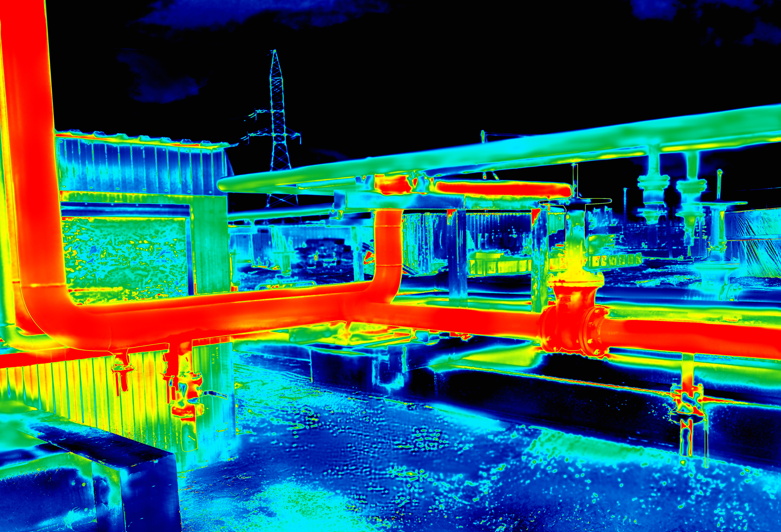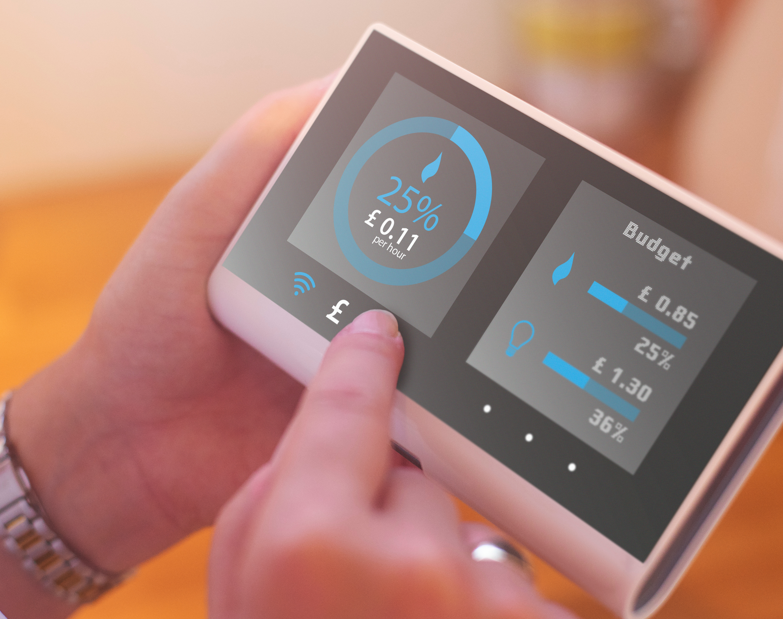The Association for Decentralised Energy
The ADE is bringing energy together to advocate on the priorities for the UK in achieving net zero. We have over 150 member organisations and together we are driving the decarbonisation of heat, championing the role of industry in the green transition and pushing for UK homes, places of work and public services to be energy efficient and smart.
Only by getting users engaged and investing in energy efficiency, low carbon heat and providing smart flexibility will be the UK truly be able to decarbonise its energy system. For this to happen, energy must work for the user.
At the ADE, we believe that an energy system designed around the user’s needs, enabling the right technology choice in the right place, serves everyone better.
Technical Areas
We do not advocate for one decentralised energy technology over another, believing customer needs should drive the solution. We work to create a strong, dynamic and sustainable environment for a range of technologies.

Industrial Decarbonisation

CHP generates electricity whilst also capturing usable heat that is produced in this process. This contrasts with conventional ways of generating electricity where vast amounts of heat is simply wasted. In today's coal and gas fired power stations, up to two thirds of the overall energy consumed is lost in this way, often seen as a cloud of steam rising from cooling towers.
Find out more
Heat Networks

Heat networks deliver cost effective, low carbon heat, in the form of hot water or steam, from the point of generation (usually an energy centre) to the end user through a network of insulated pipes. Networks vary in size and length, carrying heat just a few hundred metres between homes and flats, to several kilometres supplying entire communities and industrial areas.
Find out more
Buildings Decarbonisation

Buildings decarbonisation encompasses energy efficiency measures from insulation to low carbon heating and plays an important role in both ADE missions – Decarbonising British Heat and Empowering Energy Demand.
Find out more
Flexibility

Crucial in supporting the UK's transition to lower-carbon generation. Demand Side Respond (DSR) is where energy users change their electricity consumption patterns in response to a signal or incentive from the network operator. The ability to tap into flexibility sources ensures power supply and demand are matched, that the grid is not overloaded and that supplies are at the correct voltage and frequency across the network.
Find out moreCase Studies
In-depth investigations across a range of topics, including demand flexibility, energy efficiency, and energy from waste. They track behavioural trends and their root causes through qualitative research.












